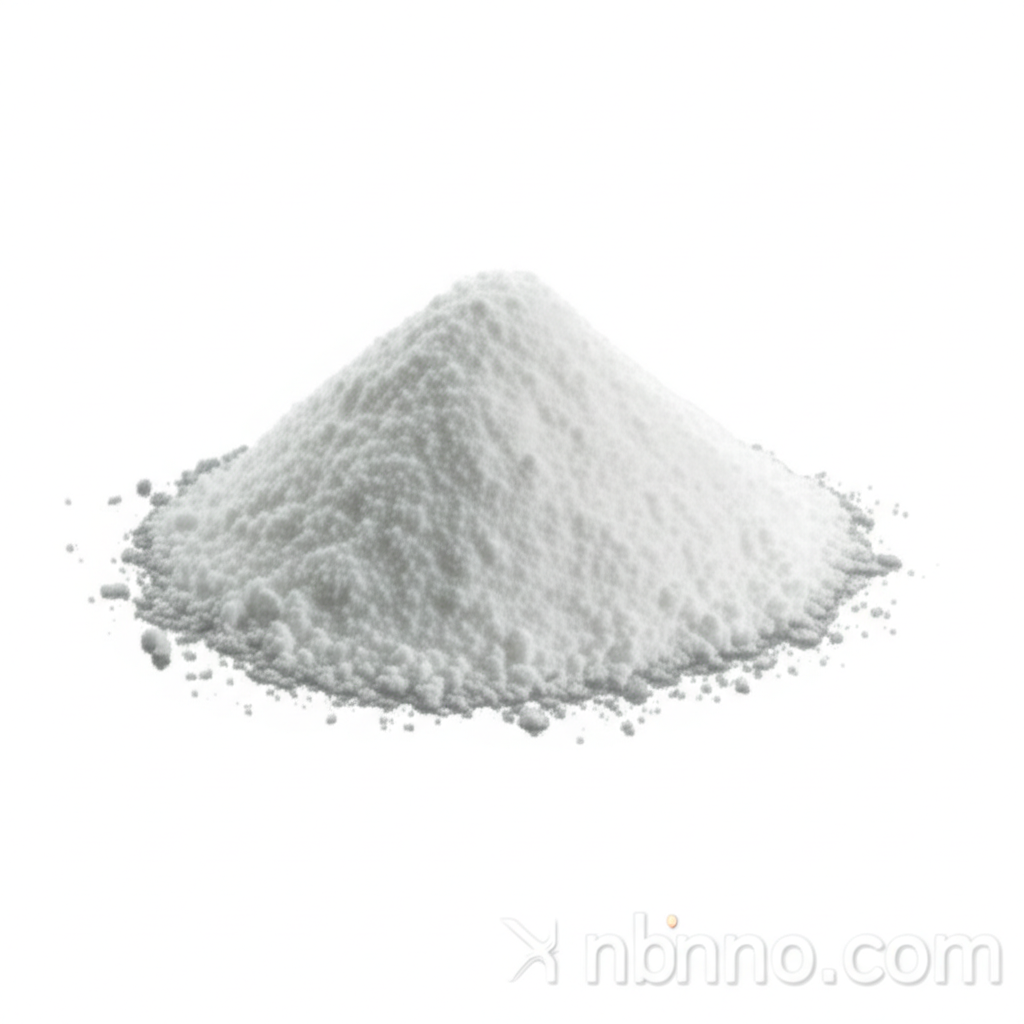Azelaic Acid: A Versatile Dicarboxylic Acid for Polymers, Lubricants, and Personal Care
Discover the industrial and personal care applications of this white crystalline powder, a key bio-based chemical intermediate.
Get a Quote & SampleProduct Core Value

Azelaic Acid
Azelaic acid, also known as nonanedioic acid, is a saturated dicarboxylic acid that serves as a fundamental building block in various industrial and personal care sectors. Its production from renewable resources and its unique chemical properties make it a valuable component in modern formulations.
- Leveraging azelaic acid for PVC plasticizer innovation offers a sustainable alternative to traditional petrochemicals, enhancing product flexibility and performance.
- Explore the uses of nonanedioic acid in polymers, contributing to the development of renewable and degradable plastics with superior characteristics.
- The azelaic acid lubricant applications range from base stocks to thickening agents in greases, providing excellent performance and stability.
- Investigate azelaic acid for skin pigmentation and acne treatment, where its antibacterial and anti-inflammatory properties offer significant therapeutic benefits.
Key Advantages
Renewable Sourcing
Derived from plant sources like wheat and rye, azelaic acid promotes a more sustainable chemical industry, supporting environmentally friendly manufacturing processes.
Versatile Chemical Intermediate
The unique structure of azelaic acid allows for a broad spectrum of applications, from high-performance lubricants and durable polymers to effective cosmetic ingredients.
Enhanced Performance in Derivatives
Monomeric derivatives of azelaic acid exhibit improved solubility and low-temperature performance, making them ideal for demanding applications in plasticizers and lubricants.
Key Applications
Polymers and Plastics
Azelaic acid is a key component in the synthesis of various polymers, including Nylon-6,9, and is vital in creating advanced PVC plasticizers that offer better flexibility and durability.
Lubricants and Greases
Used in synthetic lubricants and as a thickening agent in greases, azelaic acid derivatives provide excellent thermal stability, water resistance, and mechanical stability.
Personal Care and Medical
In cosmetics and pharmaceuticals, azelaic acid is prized for its efficacy in treating acne, rosacea, and skin pigmentation, owing to its antibacterial, anti-inflammatory, and melanin-inhibiting properties.
Industrial Synthesis
As an industrial chemical, azelaic acid serves as a raw material for lacquers, chemical synthesis, and as a component in coatings, adhesives, sealants, and elastomers (CASE).
